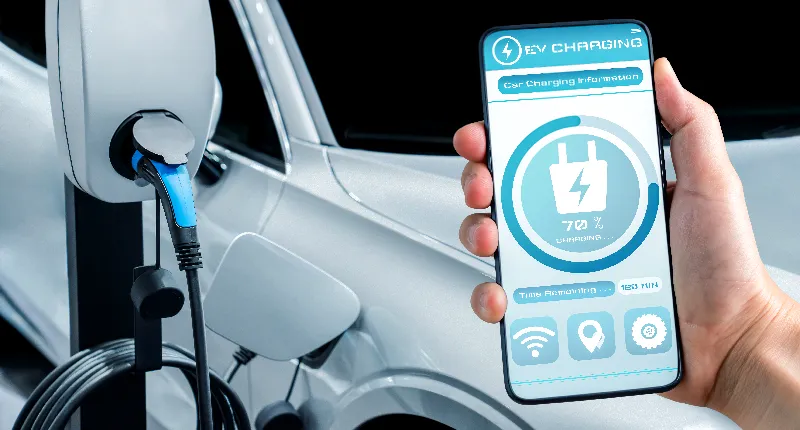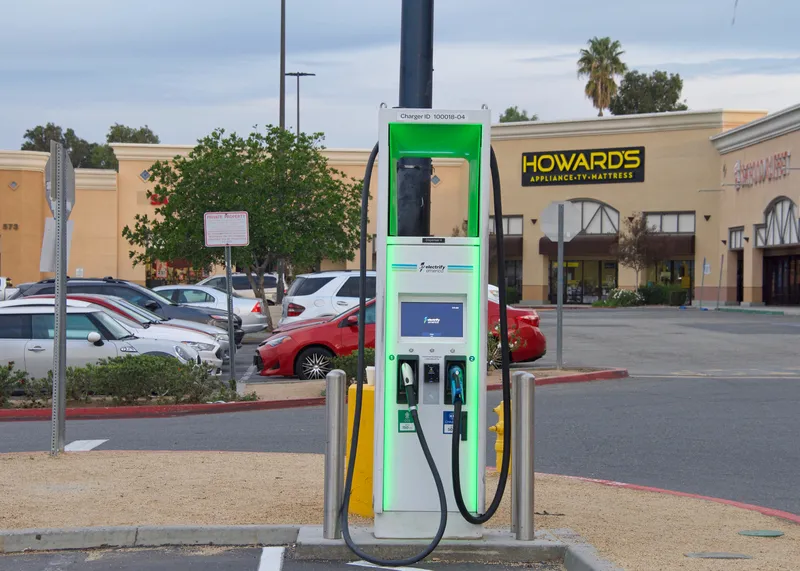
LF Energy's EVerest project will develop and maintain an open-source software stack for energy communications across charging stations, vehicles, generation resources, batteries, adjacent chargers, power grids, backend payment systems, user interfaces, and mobile devices. This will reduce instances of incompatibility that result from proprietary systems and make charging more reliable for EV drivers.
Reliable charging is key to ensuring that anyone can confidently choose to ride or drive electric. Reliability and interoperability issues often stem from a lack of standardisation that can impede communications between the vehicle and charger, or payment processing. The collaborative development model offered by open source and the neutral governance structure provided by LF Energy will speed the adoption of EVs and decarbonisation of transportation in the United States.
The Joint Office will dedicate resources to improving the EVerest project, including coordination, community engagement, and software code. Dr K Shankari, who serves as principal software architect for the standards and reliability program at the Joint Office, has also been appointed to the EVerest Technical Steering Committee which sets the technical direction for the project. This is a pioneering example of the federal government collaborating to deploying code into an open-source project. With the National Electric Vehicle Infrastructure (NEVI) Standards requiring that EV chargers conform to Open Charge Point Protocol (OCPP) 2.0.1 no later than 28 February 2024, it is urgent that charger manufacturers consider a standardised reference implementation, such as Everest, that is OCPP 2.0.1 compatible.
"The EVerest project has been demonstrated in pilots around the world to make EV charging far more reliable and reduces the friction and frustration EV drivers have experienced when a charger fails to work or is not continually maintained," said LF Energy executive director Alex Thornton. "We look forward to partnering with the Joint Office to create a robust firmware stack that will stand the test of time and be maintained by an active and growing global community to ensure the nation's charging infrastructure meets the needs of a growing fleet of electric vehicles today and into the future."
LF Energy EVerest is an open source modular framework for EV charging, consisting of multiple modules which can be configured and customised for any necessary use case. In addition to OCPP, it also covers many other major industry standards such as ISO 15118-20 as well as flexible logic to connect all of them. EVerest was originated by Pionix and contributed to LF Energy in early 2022. EVerest is licensed under Apache 2.0.
A webinar will be held on 29 January at 10 am US Eastern with representatives from the Joint Office and the LF Energy community to discuss this collaboration further and how other stakeholders can get involved. Free registration is now open at this link.
https://community.linuxfoundation.org/events/details/lfhq-lf-energy-presents-building-an-ev-charging-reference-implementation-with-everest/









